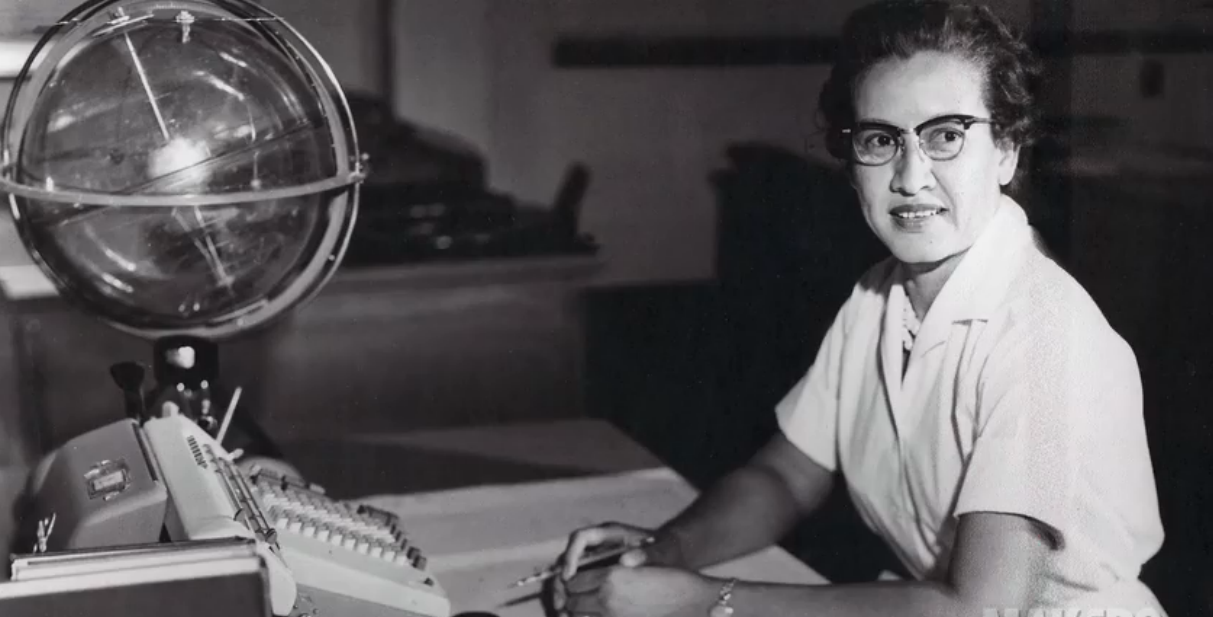1. Ozdaq dacked
The ASX’s new technology sector index, the S&P/ASX All Tech Index (ATI), an Australian version of the US Nasdaq composite index – which is why we’ve dubbed it the Ozdaq – had a less than auspicious start yesterday amid as concerns about coronavirus rattle markets globally. Around $51 billion in value was wiped from ASX-listed companies on Monday – the pain looks set to continue today – with the All Ordinaries down 2.34%.
The All Tech Index (ASX:TXT), which features 46 listed companies, including Xero, Computershare, Afterpay, Altium, Carsales and REA Group, Next DC and Wisetech, had a tougher time, losing 4.12%, the second worst performance among the more than 40 indices on the ASX.

Source: ASX
Even tech market darling Xero had a bad day, losing 4.35% to close Monday at $83.50. Afterpay lost more than 5% for finish under $37. Wisetech, which has seen around $3 billion, a third, of its market cap, wiped in the past week as the coronavirus hits trade volumes for the logistics software business, fell a further 2.33% to $18.83.
Overnight, Wall Street had it worst day in two years. The ASX looks set to follow the mood today.
2. WeWork’s sex and drugs hush money
WeWork’s new CEO, Sandeep Mathrani, issued a statement saying the business is now in a “new chapter” that’s “fully invested in upholding a culture of integrity.”
There’s more on it all here.
3. $2.32m up for grabs in Vietnamese collaboration grants
Grants worth up to $1 million for startups willing to make a difference in Vietnam are up for grabs under a program known as Aus4Innovation Partnership Grants. All up $2.32 million is available in this second and final round.
The program’s theme is “Scaling existing Australia–Vietnam Innovation Partnerships”, and offers between $100,000 and $1m for existing partnerships between Australian and Vietnamese institutions ready to scale up.
Australia’s Ambassador to Vietnam, Robyn Mudie, said “we will support innovative ideas in different sectors that have potential for wide-scale application, will deliver lasting socioeconomic impact, and can help strengthen the Vietnamese innovation ecosystem.”
You can download the Grant Guidelines and Frequently Asked Questions and send in an Expression of Interest to apply here. Appliocations close on March 17.
4. Opyl says its AI for clinical trials is working
ASX-listed data science software startup Opyl took another small step forward last week, saying it had successfully completed the first critical proof-of-concept stage of development for a machine learning/artificial intelligence algorithm based software interface predicting the likelihood of a clinical trial completing each phase.
The software optimises clinical trials across study planning, protocol design, recruitment and site location through to selection of the best contract research organisation for particular diseases in key geographic locations.
Opyl CEO Michelle Gallaher said the algorithm has the potential to dramatically disrupt the clinical trial feasibility sector and reduce risks and cost to global biopharma and medtech developers.
“Understanding how trial variables impact on outcome is a powerful competitive advantage for developers in designing the optimal protocol and for investors looking to reduce risk and optimise returns,” she said.
The Opyl model has predicted trails with a 70% chance of success, and others low as less than 1%. The company is hoping to commercialise its software via subscription.
5. Vale Katherine Johnson
Mathematician Katherine Johnson, whose life story was told in the film Hidden Figures, has died. She was 101.
A pioneering black American, Johnson was one of NASA’s “human computers”, calculating trajectories and other movements for Project Mercury, the space program, and the Apollo moon missions, a brilliant mind in a nation still in the grip of segregation.
NASA Administrator Jim Bridenstine paid tribute to Johnson, saying she “helped our nation enlarge the frontiers of space even as she made huge strides that also opened doors for women and people of color in the universal human quest to explore space. Her dedication and skill as a mathematician helped put humans on the moon and before that made it possible for our astronauts to take the first steps in space that we now follow on a journey to Mars.
“At NASA we will never forget her courage and leadership and the milestones we could not have reached without her. We will continue building on her legacy and work tirelessly to increase opportunities for everyone who has something to contribute toward the ongoing work of raising the bar of human potential.”
Katherine Johnson (1918-2020)
The little girl who loved to count who became the woman to inspire us to dream immeasurable dreams: https://t.co/YKuUZN3G1H pic.twitter.com/Hun7vCElNh
— NASA (@NASA) February 24, 2020
NASA renamed its West Virginia facility in her honour last year and in 2015, Barack Obama presented Johnson with the country’s highest civilian honour – the Presidential Medal of Freedom.
After a lifetime of reaching for the stars, today, Katherine Johnson landed among them. She spent decades as a hidden figure, breaking barriers behind the scenes. But by the end of her life, she had become a hero to millions—including Michelle and me. pic.twitter.com/isG29nwBiB
— Barack Obama (@BarackObama) February 24, 2020




















Trending
Daily startup news and insights, delivered to your inbox.